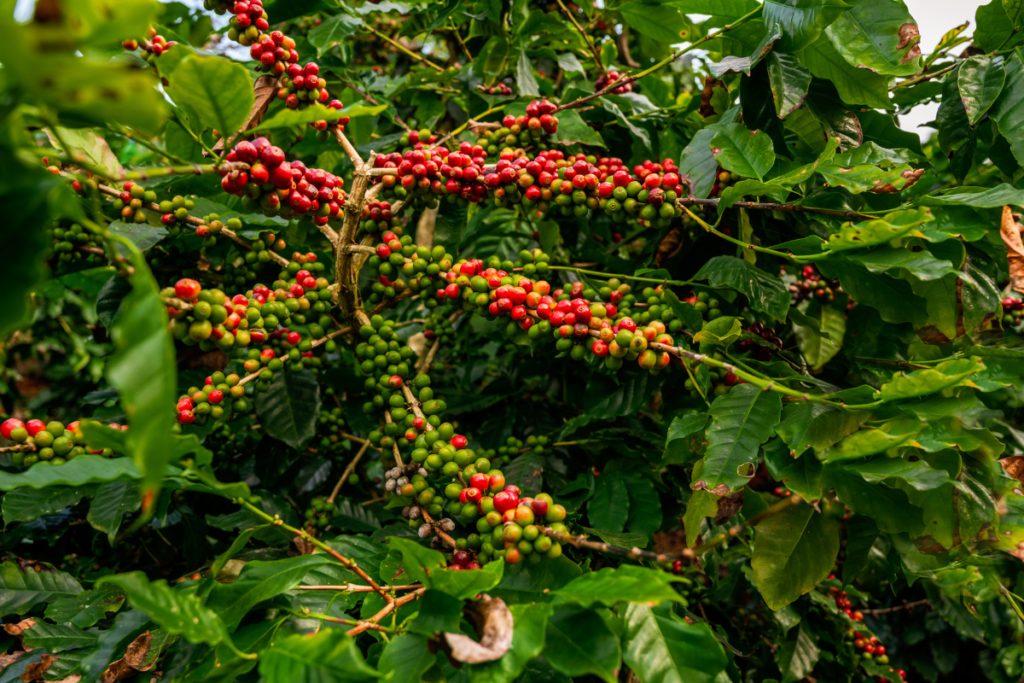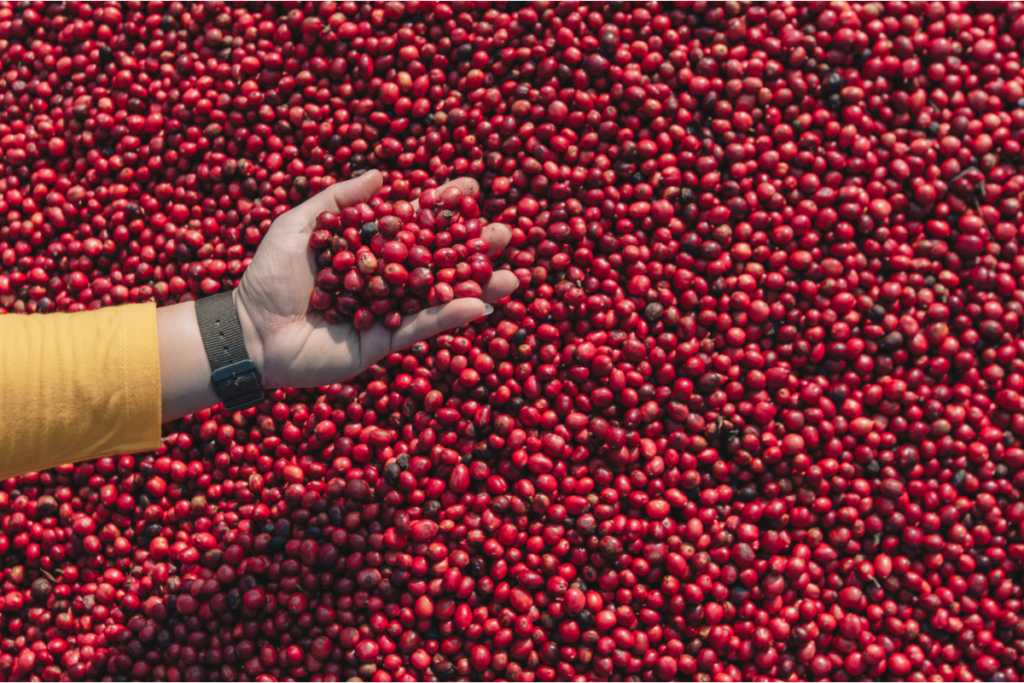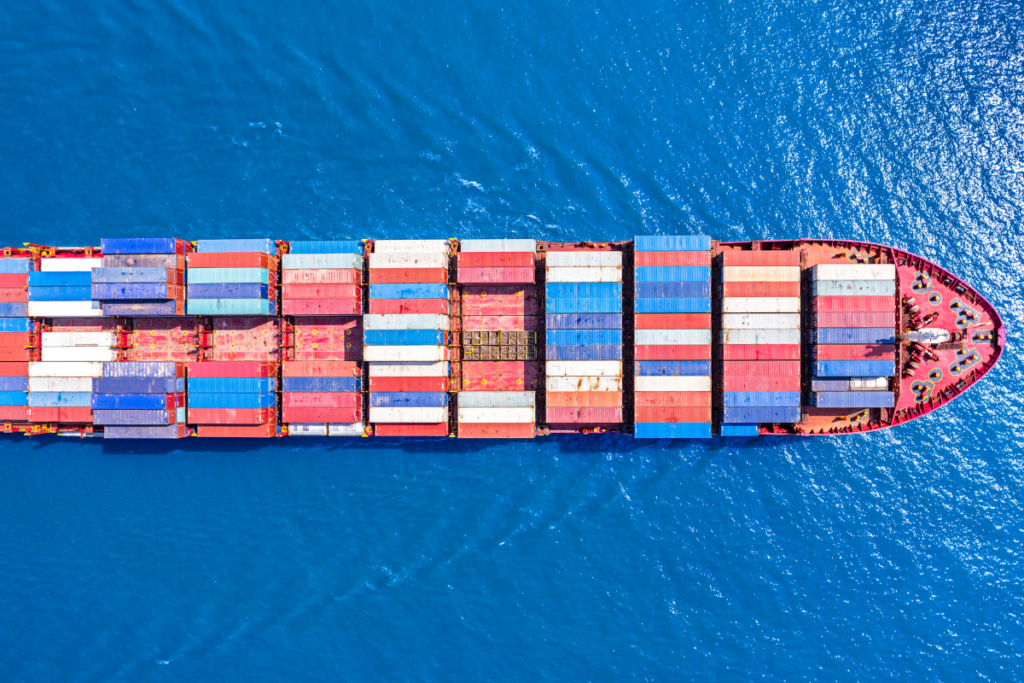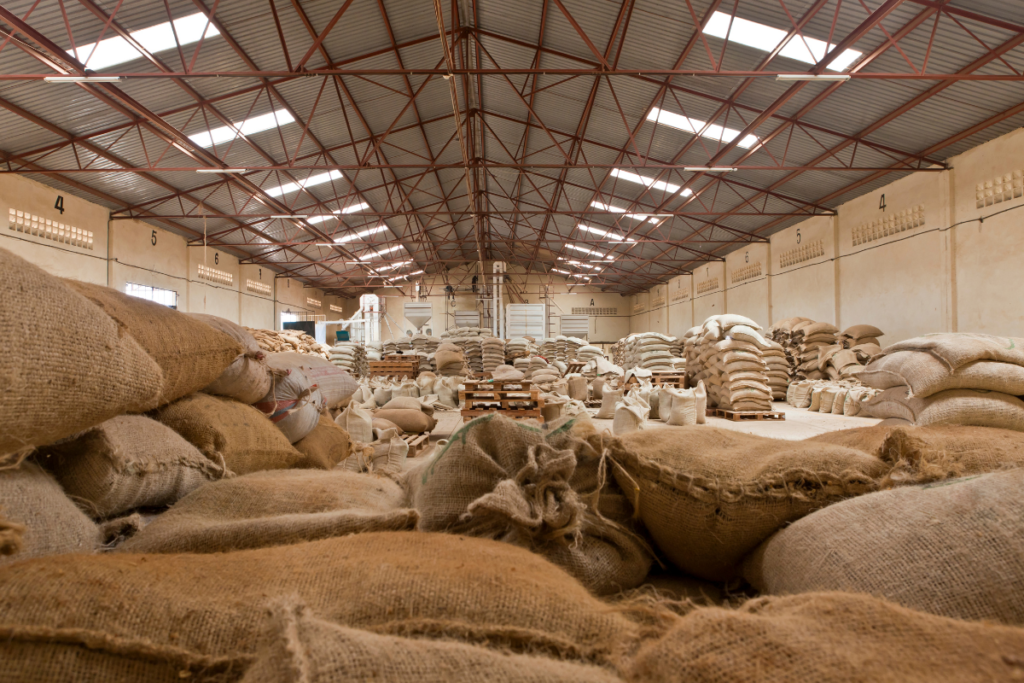
A specialty coffee importer plays a crucial role in the supply chain by acting as the intermediary between coffee producers (usually located in coffee-growing regions) and coffee roasters or retailers (typically in consuming countries). Their main goal is to source high-quality coffee beans, ensure they meet the standards of the specialty coffee market, and facilitate the smooth transfer of these beans to their clients, namely specialty coffee roasters and buyers.
Importance of Specialty Coffee Importers
Specialty coffee importers are far from being mere intermediaries who profit off the coffee supply chain without adding value; they are essential facilitators who perform critical functions that benefit both producers and buyers. These importers are responsible for more than just the transaction of goods—they ensure that the quality of coffee is maintained from farm to cup, bridging the gap between coffee growers and specialty coffee roasters in consuming countries.
On the production side, specialty coffee importers work closely with specialty coffee farmers and cooperatives, often helping them improve farming practices, secure better prices, and gain access to international markets that they might not reach on their own. This support can include offering technical assistance, pre-financing, or connecting them with certification programs that promote sustainable and ethical farming.
On the buyer’s side, importers provide specialty roasters with access to a curated selection of high-quality beans that have been carefully vetted for their flavor profiles and sustainability practices. They also handle the complex logistics of transporting coffee across borders, managing customs, and ensuring that the beans arrive fresh and in optimal condition.
By maintaining these relationships and ensuring a smooth, efficient supply chain, specialty coffee importers add significant value, enhancing the entire process from farm to consumer and helping to elevate the quality and ethical standards of the coffee industry as a whole.
Key Activities of a Specialty Coffee Importer
- Sourcing Coffee:
- Direct Relationships with Producers: Importers often build direct relationships with coffee farmers, cooperatives, or exporters to source high-quality beans. This involves visiting farms, understanding the production process, and ensuring sustainable practices.
- Quality Assessment: Importers cup (taste) and evaluate coffee beans to assess their quality, ensuring they meet the standards for specialty coffee. They often work with Q-graders and other experts to rate coffee quality.
- Logistics and Transportation:
- Shipping: Coordinating the transportation of coffee from producing countries to consuming countries, which involves managing shipping schedules, customs clearance, and warehousing.
- Handling and Storage: Ensuring that the coffee is stored in optimal conditions to preserve its quality during transit and upon arrival.
- Risk Management:
- Market Fluctuations: Managing risks related to market price fluctuations, exchange rates, and other financial uncertainties. Importers may use hedging strategies or futures contracts to manage these risks.
- Weather and Crop Variability: Dealing with risks associated with crop yields, which can be affected by weather conditions, diseases, and other environmental factors.
- Sustainability and Ethical Sourcing:
- Fair Practices: Many specialty coffee importers focus on ethical sourcing, ensuring that farmers receive fair compensation.
- Environmental Impact: Importers may also work with farmers to promote sustainable farming practices that minimize environmental impact.
- Market Education and Support:
- Providing Information: Educating roasters and consumers about the origins, processing methods, and unique attributes of different coffee beans.
- Sales Support: Assisting roasters and retailers with marketing and sales strategies, helping them to position and sell the specialty coffee effectively.
Challenges Faced by Specialty Coffee Importers
- Supply Chain Complexity:
- Multiple Stakeholders: Importers must manage relationships with farmers, cooperatives, exporters, shipping companies, and roasters, all of which have their own requirements and constraints.
- Regulatory and Compliance Issues: Navigating the regulations and compliance requirements in both producing and consuming countries, including import/export tariffs, phytosanitary regulations, and certifications.
- Quality Control:
- Consistency: Maintaining a consistent quality of coffee can be challenging due to the variability in agricultural production and the natural factors affecting crop quality.
- Cupping and Grading: Ensuring that the coffee meets the high standards of the specialty market, which requires skilled professionals and rigorous quality control processes.
- Logistical Challenges:
- Shipping Delays: Dealing with potential delays in shipping and transportation, which can affect the freshness and quality of coffee beans.
- Storage Conditions: Ensuring that coffee is stored in conditions that prevent degradation of quality, which requires careful management of temperature, humidity, and time.
- Market Volatility:
- Currency Exchange Risks: Managing the financial risk associated with currency exchange rates fluctuations, which can impact the cost of coffee.
- Sustainability and Ethical Sourcing:
- Balancing Cost and Ethics: Importers often face the challenge of balancing the need for fair and ethical sourcing with the pressures of keeping costs competitive. Educating consumers about the importance of sustainable and ethical sourcing practices can be a challenge in markets where price is a significant factor.

Differences between Specialty Coffee Importers and Traditional Coffee Importers
1. Focus and Market Orientation
Specialty Coffee Importers:
- Quality Over Quantity: Specialty importers prioritize high-quality coffee beans, often sourced from specific regions or farms known for their unique flavors and characteristics. They are deeply involved in the specialty coffee market, which demands exceptional quality and often caters to niche markets.
- Direct Relationships: They often emphasize direct trade relationships, working closely with farmers to ensure transparency, sustainability, and fair compensation.
- Ethical and Sustainable Practices: Specialty importers are more likely to be involved in promoting and supporting sustainable and ethical farming practices.
Traditional Coffee Importers:
- Volume and Consistency: Traditional importers focus on sourcing large volumes of coffee, often at lower costs. They cater to mainstream coffee markets, including commercial brands, supermarkets, and mass-market coffee chains.
- Commodity-Based Approach: Coffee is often treated as a commodity, with less emphasis on the unique characteristics of the beans and more on consistency and cost-efficiency.
- Less Emphasis on Sustainability: While this is changing in some segments, traditional importers may be less focused on sustainability and ethical sourcing compared to specialty importers, although some traditional importers are beginning to adopt these practices.
2. Sourcing and Quality Control
Specialty Coffee Importers:
- Selective Sourcing: Specialty importers are very selective in their sourcing, often working with smaller farms or cooperatives that produce coffee with distinct flavor profiles. They may conduct cupping sessions to assess and ensure the quality of the beans before purchasing.
- Higher Standards: The coffee they import is usually of a higher grade, often scoring 80 points or above on the Specialty Coffee Association (SCA) scale. They prioritize factors like traceability, terroir, and specific processing methods that contribute to the coffee’s unique taste.
Traditional Coffee Importers:
- Broader Sourcing: Traditional importers may source from larger producers or cooperatives that can supply the high volumes needed for mass distribution. The emphasis is on obtaining beans that meet the required quality for blending and consistency at a competitive price.
- Commodity Grading: Coffee quality is often assessed on broader criteria, with a focus on ensuring that the beans meet basic commercial standards rather than the nuanced qualities sought by specialty importers.
3. Relationships with Producers
Specialty Coffee Importers:
- Long-Term Partnerships: They tend to build long-term, direct relationships with coffee farmers and cooperatives. This often includes visits to farms, collaboration on improving crop quality, and providing support for sustainable practices.
- Transparency and Traceability: Specialty importers prioritize transparency in their supply chain, often providing detailed information about the origin of the coffee, including the farm, processing method, and farmer’s story.
Traditional Coffee Importers:
- Transactional Relationships: Relationships with producers are often more transactional, focusing on securing large quantities of coffee at stable prices. These relationships might be less direct, with more intermediaries involved.
- Less Focus on Traceability: While traceability is becoming more important across the industry, traditional importers may not provide as much detailed information about the origin of their coffee, especially when the coffee is used in blends.
4. Market and Consumer Education
Specialty Coffee Importers:
- Educating the Market: They often play a role in educating consumers and roasters about coffee origins, flavor profiles, and the importance of ethical sourcing. This educational aspect is key to the specialty coffee experience.
- Promoting Single-Origin and Micro-Lots: Specialty importers frequently promote single-origin coffees and micro-lots, which highlight the unique characteristics of beans from specific regions or even individual farms.
Traditional Coffee Importers:
- Blended and Branded Products: Traditional importers usually supply beans for blends that prioritize consistency over uniqueness. The coffee is often used in products where the focus is on brand recognition and reliability rather than the specific characteristics of the beans.
- Less Focus on Education: There is typically less emphasis on consumer education, as the market is more price-sensitive and less focused on the finer details of coffee origin and processing.
Conclusion
Specialty coffee importers are vital in ensuring that high-quality, ethically sourced coffee reaches consumers while maintaining strong relationships with producers and navigating the complexities of the global coffee market. Their role involves a combination of expertise in sourcing, logistics, quality control, and market education, all while managing the inherent risks and challenges of the coffee supply chain.
In essence, the primary differences between specialty and traditional coffee importers lie in their approach to sourcing, quality control, relationships with producers, and market orientation. Specialty coffee importers are dedicated to sourcing high-quality, unique coffees and often engage in ethical and sustainable practices, while traditional coffee importers focus on volume, consistency, and cost-efficiency for mass-market consumption.


